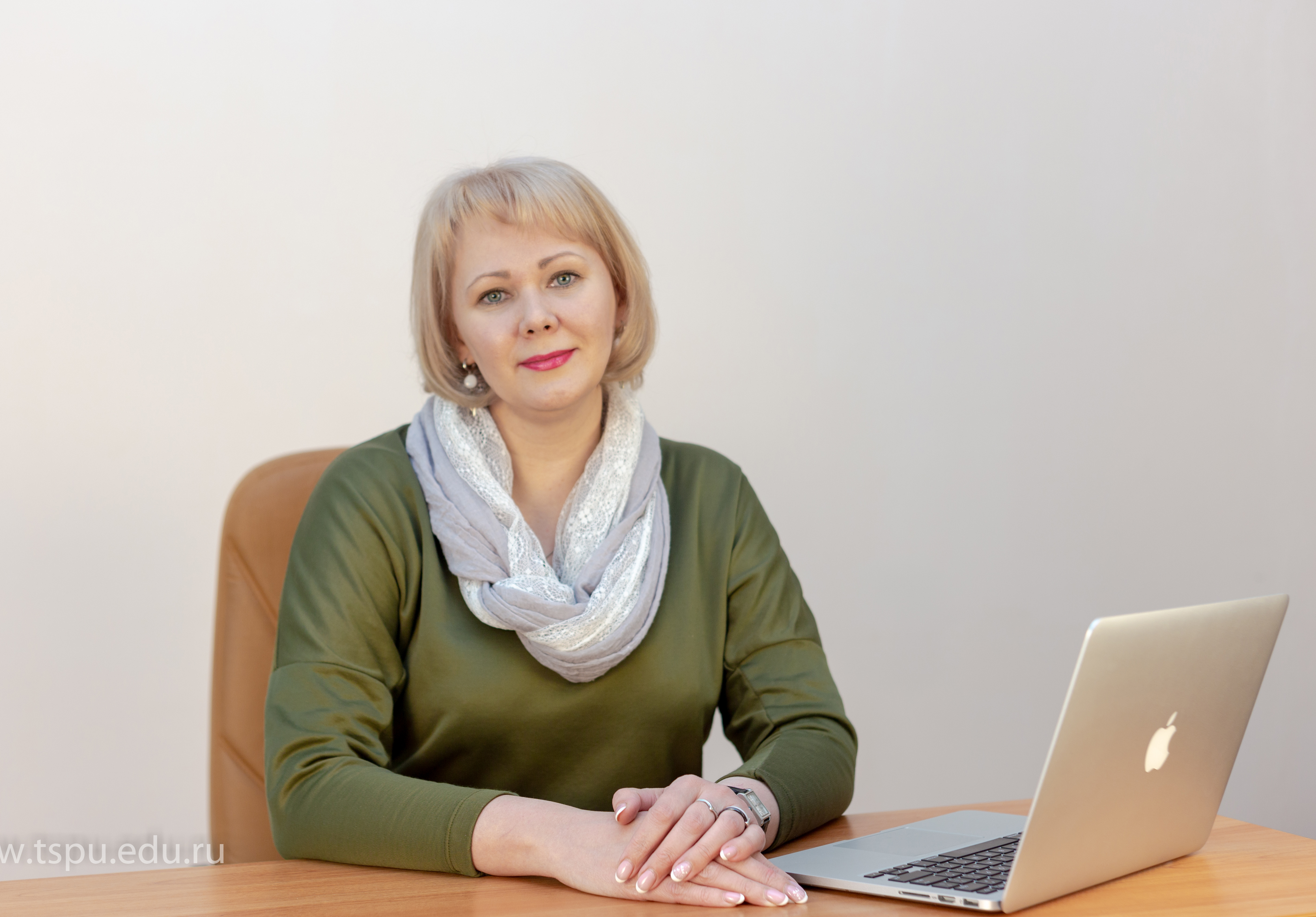UNIVERSITY SPECIFICS IN THE EPOCH OF PEDAGOGICAL INNOVATIONS WERE DISCUSSED IN SAINT PETERSBURG WITH THE PARTICIPATION OF TSPU EXPERTS
On June 8-9, the Pedagogical Forum of Russian Professors Assembly was held based on A. I. Herzen State Pedagogical University (Saint-Petersburg); the Forum was titled "University in the Epoch of Pedagogical Innovations". More than 450 people attended the forum. The Tomsk State Pedagogical University was represented by L. G. Smyshlyaeva, Vice-Rector for Development, and N. A. Semenova, Director of the Institute for Development of Teacher Education. A. N. Koshechko, Professor at the Faculty of History and Philology was the speaker at the forum. Among the online participants were director of the Physics and Mathematics Center of the TSPU M. A. Chervonny, Head of the Institute for the Development of Pedagogical Education of the TSPU L. V. Kurovskaya, associate professor of the Institute of Foreign Languages and International Cooperation E. B. Petrova and experts of the Department of Strategic Communications and Information Policy.
The forum began with a discussion "Who Are You, the Modern Professor?". Forum experts discussed the changes that are happening today in the professional activities of professors, in particular the function of the professor in the conditions of transformation of universities, and considered the main factors influencing these changes. During the dialogue, the participants in the discussion shared their views on some topical issues: what has changed in the work of the contemporary professor? Is the professor's research activity the most important factor in ensuring the quality of higher education? Have shortcomings and risks appeared in the professor's professional activity?
Representatives of universities paid a lot of attention to the new digital format of educational activities. Opinions about the partial transition to "distance learning" are divided: some support the introduction of new technologies in the learning process, while others do not always find it effective and stick to traditional forms of knowledge transfer. However, according to the organizers of the discussion, "it is important to understand which of the best traditional practices should be preserved, and not to lose the experience, passing it from generation to generation. At the same time, experience and tradition should be skillfully and competently combined with the existing opportunities of digitalization, innovative and experimental practices.
At the meetings, the following topics were raised: education in the university (general cultural development as the basis for education, the experience of organizing educational activities); the need for language competence of graduates (markers of language educational space, professional communications in the language training of students, the formation of communicative skills); the current state, problems, and prospects of improving the certification of scientific personnel (ways to improve the quality of theses and dissertations).
Within the section "Digital education: opportunities and risks" speakers discussed the issue of distance learning for students with the use of technical and digital tools: the main trends and prospects of development of the market of digital learning technologies, the use of digital education technologies in training master's degree, tools to increase student motivation in online learning.

The report "Cognitive and psychological processes in online learning: pedagogical risks and opportunities" was presented by Professor Anastasia Nikolaevna Koshechko, Doctor of Philology, Director of the International Scientific and Practical Center of Axiology and Methodology of Spiritual and Moral Education of the TPSU. The expert outlined the main points: online learning as a new educational reality, the specifics of cognitive and psychological processes of subjects in online learning, pedagogical risks and pedagogical opportunities of online learning, the portrait of the teacher, and effective communication strategies.
Among the strengths of distance learning, the speaker highlighted the creation of individual educational trajectories, the possibility of a wide choice of tools and materials (photo and video files, audio recordings), psychological comfort, and others. However, under the conditions of the new norm, there is a change in cognitive and psychological processes as well as specifics of pedagogical activity. The new reality in which a modern teacher has to work has its own risks: emotional burnout syndrome, the problem of digital transformation of pedagogical consciousness, the complexity of unification of real and virtual educational environments, a different culture of communication, inaccurate perception of information. The biggest problem is seen in the last point: it is an inaccuracy of perception of information that leads to a decrease in the level of knowledge and academic performance due to the loss of ability to analyze and concentrate. In addition, in her speech, the professor identified the peculiarities of online communication: disconnected and clip way of thinking, a high degree of anonymity, and contact globalization.
According to Anastasia Nikolaevna, the new image of the teacher, which includes new formats of leadership, can help overcome these risks. As an example, the speaker mentioned her educational projects, implemented in the virtual environment: the interactive dialogue "Evening tea with Anastasia Koshechko", the open online group "Reading as a way of life" and others.
The forum will be closed with a plenary session, which will take place on June 9 from 10.00 to 14.00 Moscow time. The reports will be devoted to the social mission of the modern university, the transition from pedagogical institutes to anthropological universities, discussion of the modern teacher's portrait, the problems of implementing new research and educational directions, the national traditions of university training in the innovative development of higher education system






